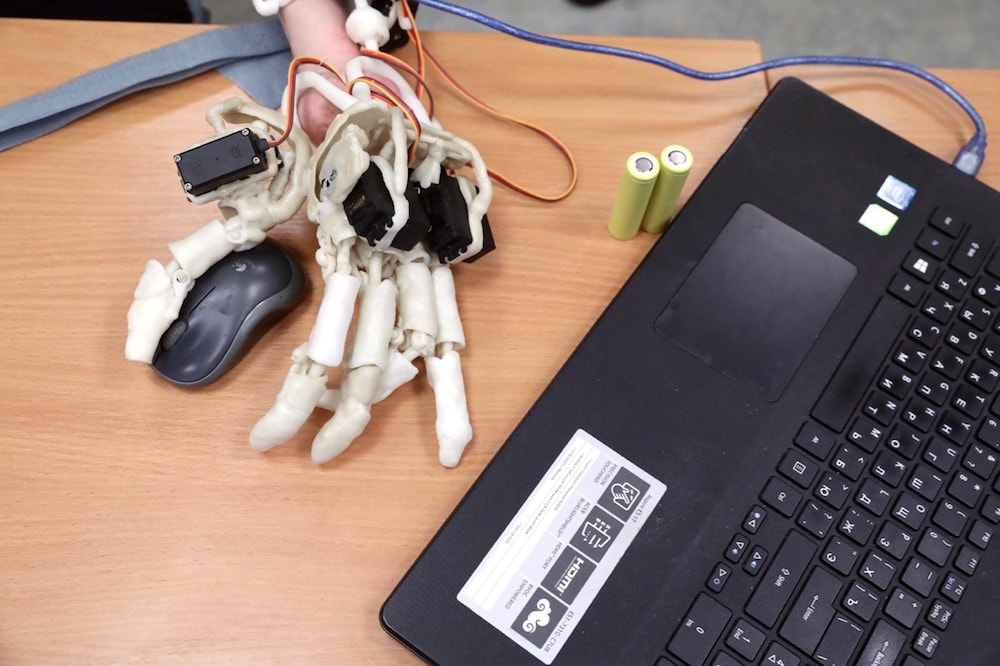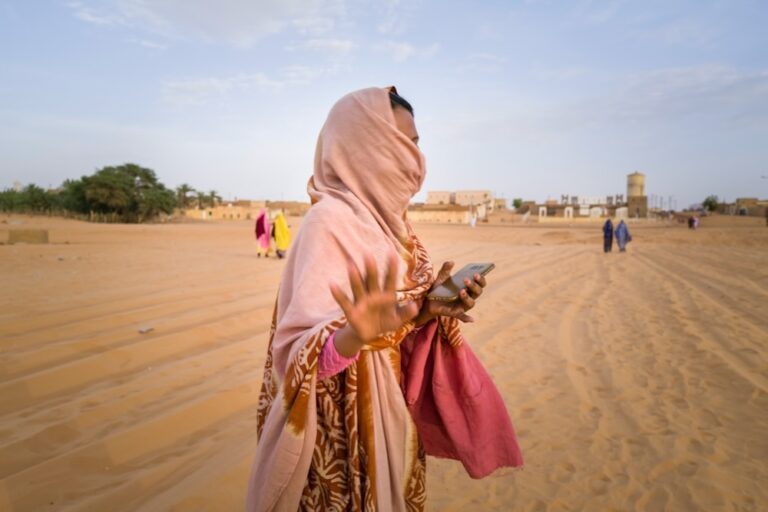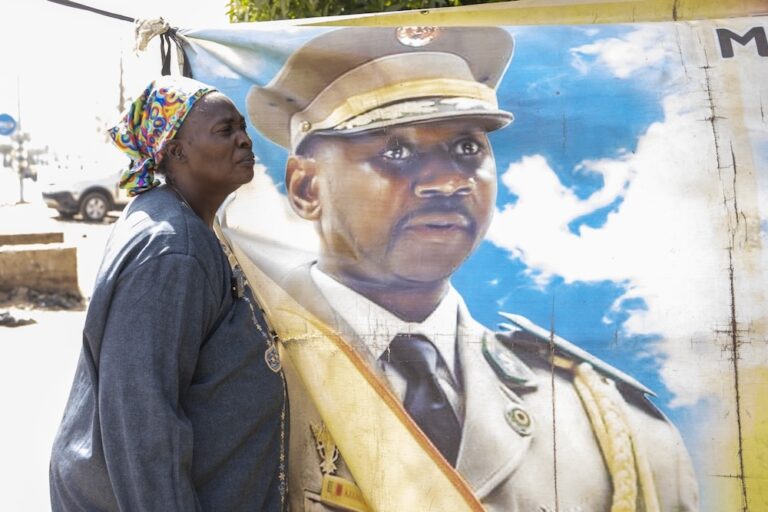Persons with disabilities are challenged in accessing ICTs by an array of obstacles, that include the high cost of assistive technologies.
This statement was originally published on cipesa.org on 16 November 2021.
For Persons with Disabilities, access to Information and Communication Technologies (ICT) can be an enabler for social and economic inclusion. Yet across Africa, despite the various laws and policies that have been passed and adopted by countries, persons with disabilities continue to lag behind in terms of access and use of digital tools.
Barriers such as low levels of ICT skills, high illiteracy levels, poverty and the high cost of assistive technologies such as screen readers, screen magnification software, text readers, and speech input software, and digital inaccessibility of websites and mobile applications and services are shared across Sub-Saharan Africa. These barriers are often accompanied by limited clarity on what actions are being taken by states and companies to address these gaps.
The digital inclusion of marginalised and vulnerable communities was among the issues discussed at the September 2021 Forum on Internet Freedom in Africa (FIFAfrica). In a panel discussion titled Technology and Disability, various speakers noted that persons with disabilities continue to face numerous barriers that have prevented them from fully benefiting from the opportunities that technology enables, including access to crucial information and services such as education and health, civic engagement, and employment.
Speaking at the Forum, disability rights activist Clodoaldo Castiano from the Forum of Disabled Persons Organisation in Mozambique noted that despite the country being a signatory to the UN Convention on the Rights of Persons with Disabilities (CRPD), it has not set a specific agenda to enable ICT accessibility. The CRPD requires states to undertake measures which ensure that persons with disabilities have access to ICT, including assistive technologies and resources to realise the right to access.
“Although we have ratified the CRPD, the government has not been able to define a specific legal and policy agenda to address the obligations of the Convention,” said Castiano, adding that ICT accessibility for persons with disabilities also remains largely unregulated. He further added that although Mozambique has a Universal Access Fund, it does not include programmes that benefit persons with disabilities.
Some countries are, however, trying to put more effort into addressing the disability digital divide. Uganda’s State Minister for Disability Affairs, Hellen Grace Asamo, noted that the country has introduced a number of initiatives to support the promotion, inclusion and accessibility of ICT tools for persons with disabilities. In addition to laws such as the Persons with Disabilities Act, 2020 which recognise the rights of persons with disabilities, the Ministry of ICT and National Guidance has drafted the ICT and Disability Policy as an intervention to close gaps in the use of ICT by persons with disabilities. Furthermore, the Uganda Communications Commission (UCC) has made it a requirement for television stations to have sign language interpreters to facilitate access and inclusion of people with hearing impairment.
“In Uganda where we have 16 per cent of people living with a form of disability, it is critical that we have programmes that ensure they are not left out. We have made available access to Braille and we are working to ensure that all government Ministries, Departments and Agencies (MDAs) have sign language interpreters,” said the minister.
 The discussion also noted that the Covid-19 pandemic had amplified the gaps in digital access for marginalised and vulnerable communities including persons with disabilities. This resonated with a CIPESA report, ‘Access Denied: How telcom operators in Africa are failing persons with disabilities’ which investigated how operators have made minimal efforts in addressing the needs of consumers who are also persons with disabilities.
The discussion also noted that the Covid-19 pandemic had amplified the gaps in digital access for marginalised and vulnerable communities including persons with disabilities. This resonated with a CIPESA report, ‘Access Denied: How telcom operators in Africa are failing persons with disabilities’ which investigated how operators have made minimal efforts in addressing the needs of consumers who are also persons with disabilities.
Across the world, the pandemic forced many activities to go online which disproportionately affected persons with disabilities especially in developing countries where it only served to further alienate them from access to information, public health updates and online civic participation. In countries where data costs are high, the drop in economic activity also served to further isolate the community from accessing the internet due to prohibitive costs.
Despite progressive legislative efforts in some countries, while a number of laws and policies have been enacted in various African countries to ensure access to services for persons with disabilities, their implementation continues to lag behind. This, coupled with the lack of awareness by persons with disabilities of their rights has made it difficult for them to demand for ICT-friendly and affordable services.
Robert Nkwangu, the Executive Director of the Uganda National Association of the Deaf, spoke to this issue. “Majority of people with disabilities have not gone to school and many do not know their rights. Similarly, digital rights are not seen to them as a challenge because they don’t know,” he said. “We need to do more capacity building of members to give them a firm ground to demand for what is rightfully theirs.”
To address these challenges, participants at the Forum acknowledged that increased domestic funding by governments for digital innovations that support people with disabilities will be critical. This echoes recommendations in a CIPESA report which called for the relevant government agencies such as communication regulators and consumer protection units to enforce legislation on accessible communication products and services. The report also called for more vigilance in enforcing implementation of national disability laws, codes of practice, consumer rights regulations, and ICT and disability policies. More vigilance is also needed in monitoring compliance to avoid empty claims when in reality products and services are still inaccessible.



